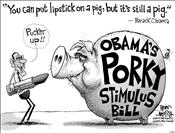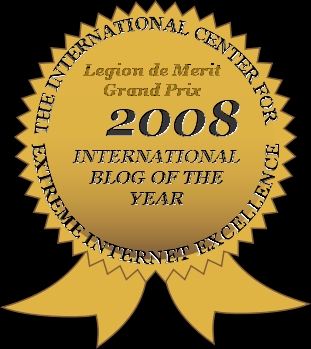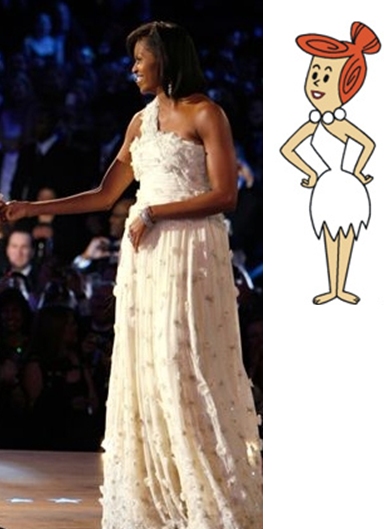There’s been a lot of conversation in the media, the blogosphere, around dinner tables, and water coolers for the past few weeks about the future of the Republican Party. The tone of these discussions runs the gamut from sincere to snarky, from condescending and nasty to thoughtful and hopeful. The result of these conversations is a long way off, but the discussions themselves are vitally important for the future of the party and the country.
I’ve been around for a pretty long time (Please tell me that 60 is the new 30!), and I’ve seen periods when the Republicans were in the majority and times when the Democrats were. The pendulum swings. Actually, that’s a good thing in my opinion: No one party has a monopoly on all the right answers. As they say, an eagle needs two wings to fly.
But the purpose of this post is to have a conversation about how we can make the Republican Party stronger.
We talk about our principles, but sometimes the principles and policies get so intertwined we can’t tell one from the other. It seems to me that we need to define those driving principles that we can all agree on and that will then provide the foundation for a stronger and more explainable Republican message. Well, duh. Yet what seems to have happened is that we have stumbled into defining beliefs in terms of litmus tests. And then demand that our fellow Republicans must unquestioningly adhere to those beliefs or risk being ostracized from the group.
I would submit the following two quotes as an illustration of why the prospects for party unification may be about as likely as peace in the Middle East.
First, from the Hoover Institute, a conservative think tank: “The decline of Republican strength occurs when strong Republicans become weak Republicans, weak Republicans become independents, and independents lean more Democratic or [are] even becoming Democrats. . . . The problem for Republicans is that their base is slowly shrinking, and they cannot win without the support of moderates”.
And then from a recent blog comment, “What they don’t understand about Ron Paul supporters is that we don’t want to be a part of the GOP – we want to BE the GOP! We want the GOP to represent exactly what we believe.”
How can we possibly reconcile those two disparate views? Let alone the other millions of diverse opinions of those Americans who consider themselves Republicans or conservatives.
I have always considered myself a moderate Republican, and while I respect John McCain for his service to this country and admire his attempts to reach across the political aisle, I firmly oppose most of his bipartisan legislation – McCain/Feingold for example. The compromise proposal for immigration reform is anathema to me, and I am dismayed by the fiscal mismanagement of all levels of government. So perhaps I must find a new way to define myself in terms of my political persuasion. If I am not a “moderate”, and I certainly have never subscribed to the uber-conservative mandates of the Constitutionalist/Ron Paul/Pat Buchannan republicans who are now committed to “taking our party back”, where do I fit?
Philosophically speaking, I believe that the best government is small and local, but due to an appalling lack of interest and involvement by the citizenry in local government, our schools, cities, and counties are woefully inadequate, inept, or corrupt; there is a vital role for federal government, but it is not always, or even usually, the best, right, or only answer to most of society’s ills. The federal government is responsible for our national security, interstate commerce and for those things that cannot be more efficiently and effectively done by the states, local governments, the private sector, or the people themselves – education, healthcare, and welfare (small “w”). Bailing out people and companies who have made stupid financial decisions just doesn’t seem to be an appropriate role for an unwieldy bureaucracy. I believe in the sanctity of life, but I recognize that abortions are a fact of life – always have been, and always will be – but I cannot justify the expenditure of tax dollars to pay for them. I believe that marriage is a sacrament, instituted by God (can you see the nun standing over my shoulder?) and is, therefore, the province of religious institutions, and the government should have no role in defining who can or can’t, should or shouldn’t, get married. I believe in equality for all, regardless of race, creed, color, or religion, and that government should insure a level playing field; yet we all have an equal right to fail as well as succeed. I believe in the Rule of Law, of equal justice, and the freedoms enumerated in the Bill of Rights.
So what kind of Republican am I? Moderate? No, that’s already been established here. Conservative? That contingent doesn’t like me much either. Pragmatic? Possibly. Realistic? Probably. After a lifetime of being politically active, and after having lived in Oregon where my conservative bent left me feeling like a “right-wing-nut”, and Idaho where my political philosophy was suddenly almost “whacko-liberal”, I am back in Montana where my ideology seems pretty much middle-of-the-road.
I call it “Mainstreet” Republicanism. And I think that’s where the party has to be to regain the majority we once had.
What say you?
[Note: While I believe in freedom of expression, I also believe in CIVIL discourse. I will delete any comments that are rude, vulgar, or otherwise inappropriate. It’s good to be Queen.]




 Funny how these
Funny how these